Viewing the rise of the global right from Angela Merkel’s home state.
I didn’t recognize the omen when it hit. I am oblivious to tarot, unable to read tea leaves or Turkish coffee trails or astrological prophecy. So when an unexpected blizzard—far too early in the season—hit the northeast German region of Mecklenburg the day before Donald Trump was elected, I just Instagrammed the deepening snow and blithely drove onward to Jamel, the so-called Nazi Village I had come to profile for Roads & Kingdoms’ election dispatch.
I interviewed what Nazis would speak to me, and spent the afternoon with the Antifa artists who decided to live among the Nazis as an act of resistance. And then I fishtailed onward through the slush to stay with friends in the nearby state capital of Schwerin, completely unaware that a day later, Donald Trump would be my president, and northeast Germany’s rising struggle with brute nationalism would feel connected to a global wave of political nativism. I didn’t know that ten months later, I would be fixated by this Sunday’s election in Germany. The national parliamentary election is the most crucial bellwether since the U.S. election for global nativism, a movement whose momentum seems to outpace its many mistakes of governance. With separatists abroad and brimstone in the White House, Germany is a bulwark for democratic liberalism. But I am viewing the election with particular alarm for Mecklenburg because I know the region well, and because I think it might answer a question that creeps up on all of us who love kittens and Sunday longreads and who hate Nazis: is this really happening?
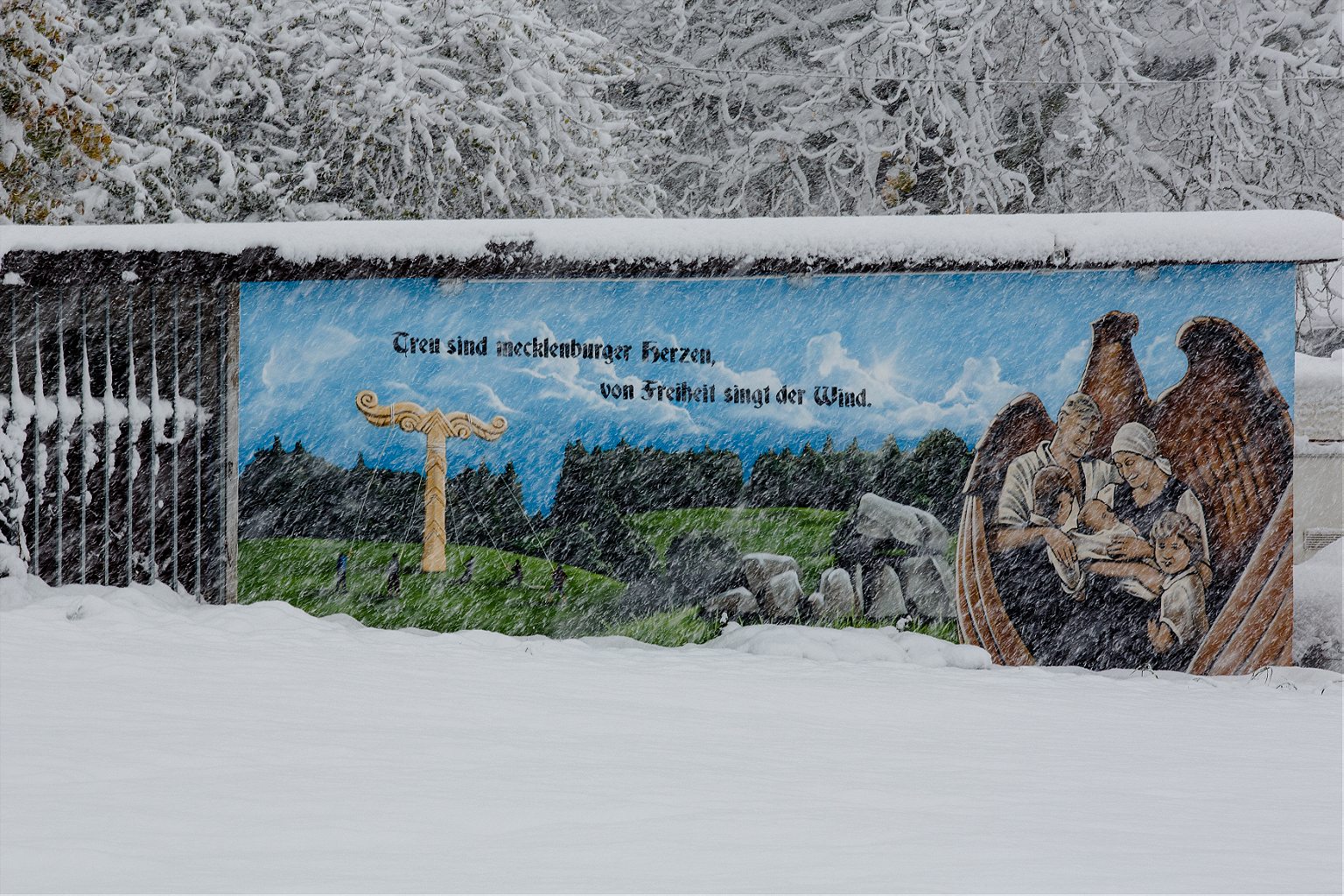
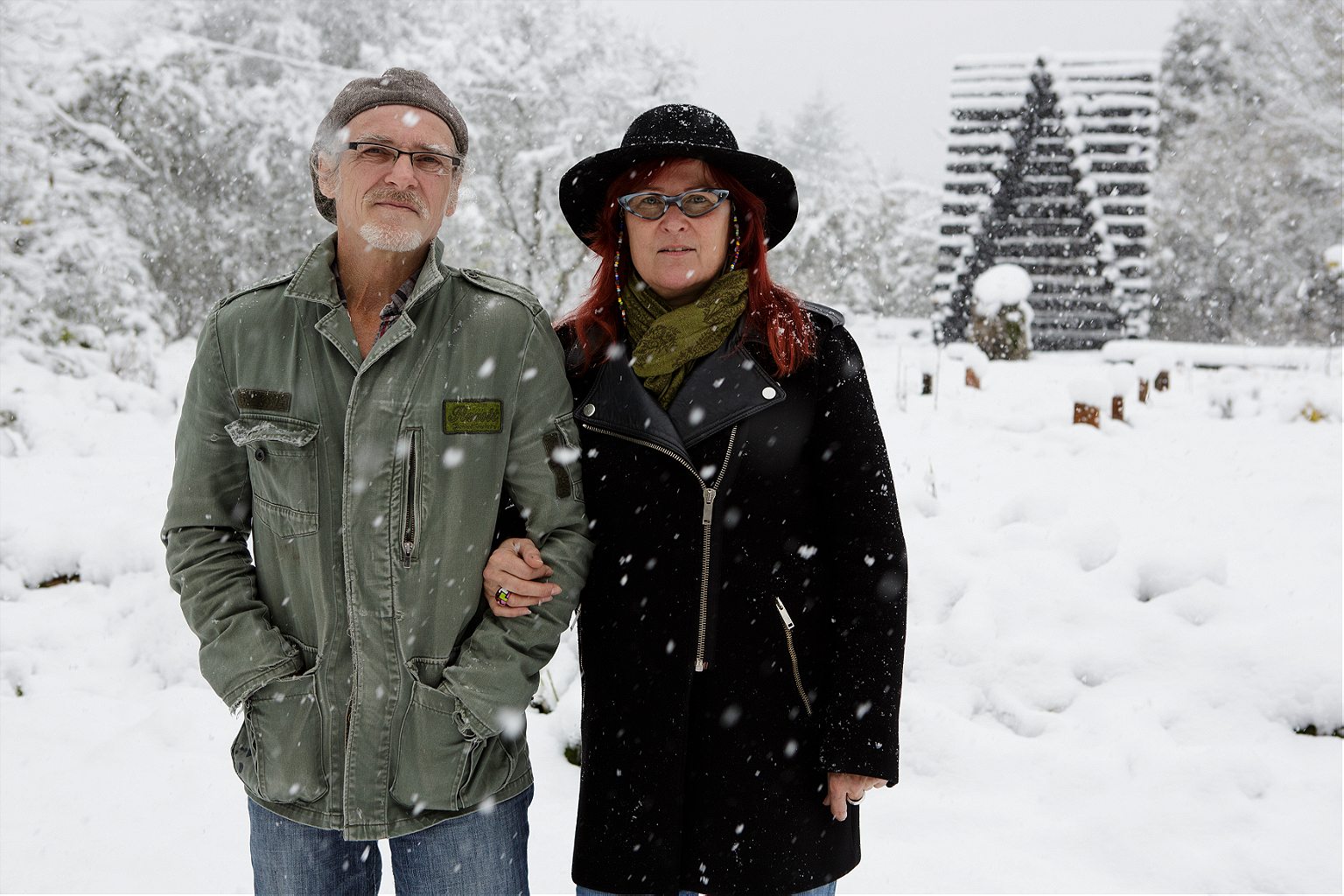
In 1992, the northeast corner of Germany was a perfect match for a half-Jew with a restless mind. I was a Congress-Bundestag student, on a full scholarship funded by the U.S. and German governments that sent me to Schwerin, a place I couldn’t pronounce, in a country I only knew from the my time as a docent at the San Francisco Holocaust Library. Despite the cold and the constant smell of burning coal, despite the relentless diet of boiled potatoes in beige gravy, despite the eternal wariness northern Germans have of strangers and misfits, Schwerin fit me well. I sought out the hidden menagerie of foreigners who were held over from Soviet times. In the mornings I jogged around the Faulen See with detachments of Soviet soldiers. In the evening I did shots of whisky and played guitar with Vietnamese asylum-seekers and went to underground rock shows with an Iranian hash dealer. When I finally met the Germans who were in those rock bands, they too were curious and open-minded, blinking curiously in the bright, wide world that had suddenly presented itself to East Germans. They became lifelong friends, people whose deep and essential goodness I could never adequately explain to my Jewish family back home. They were good in part because they had been drilled in the lessons of what happens when people turn bad.
We were intercepted by a brick shithouse of a Neo-Nazi
But the other Mecklenburg hummed somewhere in the background. As West Germany shuttered the great shipyards of the East and imperiously set the terms for reunification, discontent and a dim economic outlook pushed some to pick up the mantle of the ultimate taboo: Nazism. Truly murderous Neo-Nazis had set a fatal fire at an Asylbewerberheim—a home for asylum-seekers—in nearby Rostock on my first weekend in Mecklenburg. But what I saw was mostly just a cavalcade of the inept. Every weekend drunken teenagers would brawl in Schwerin’s Marienplatz, skinhead versus Antifa, like they were just fans of opposing soccer clubs. And even when a neighborhood kid broke into my building and painted a swastika on my door, I shrugged it off. I knew who the kid was; he was more Numa Numa than Nuremberg.
On my 16th birthday I was ranging drunk through the poorest part of town with a few German friends, and we were intercepted by a brick shithouse of a Neo-Nazi who was thugging around with his no-necked gang. They asked me about my name (Nathan is almost exclusively a Jewish name in Germany), interrogated my accent, and then proceeded to ask me if I could teach him a bit about baseball because his brother was obsessed with the American sport. The Nazis were idiots. They had a real-life Jew in their clutches—a rare opportunity I thought—and they sent me on my way with just a brief explanation of the infield fly rule.
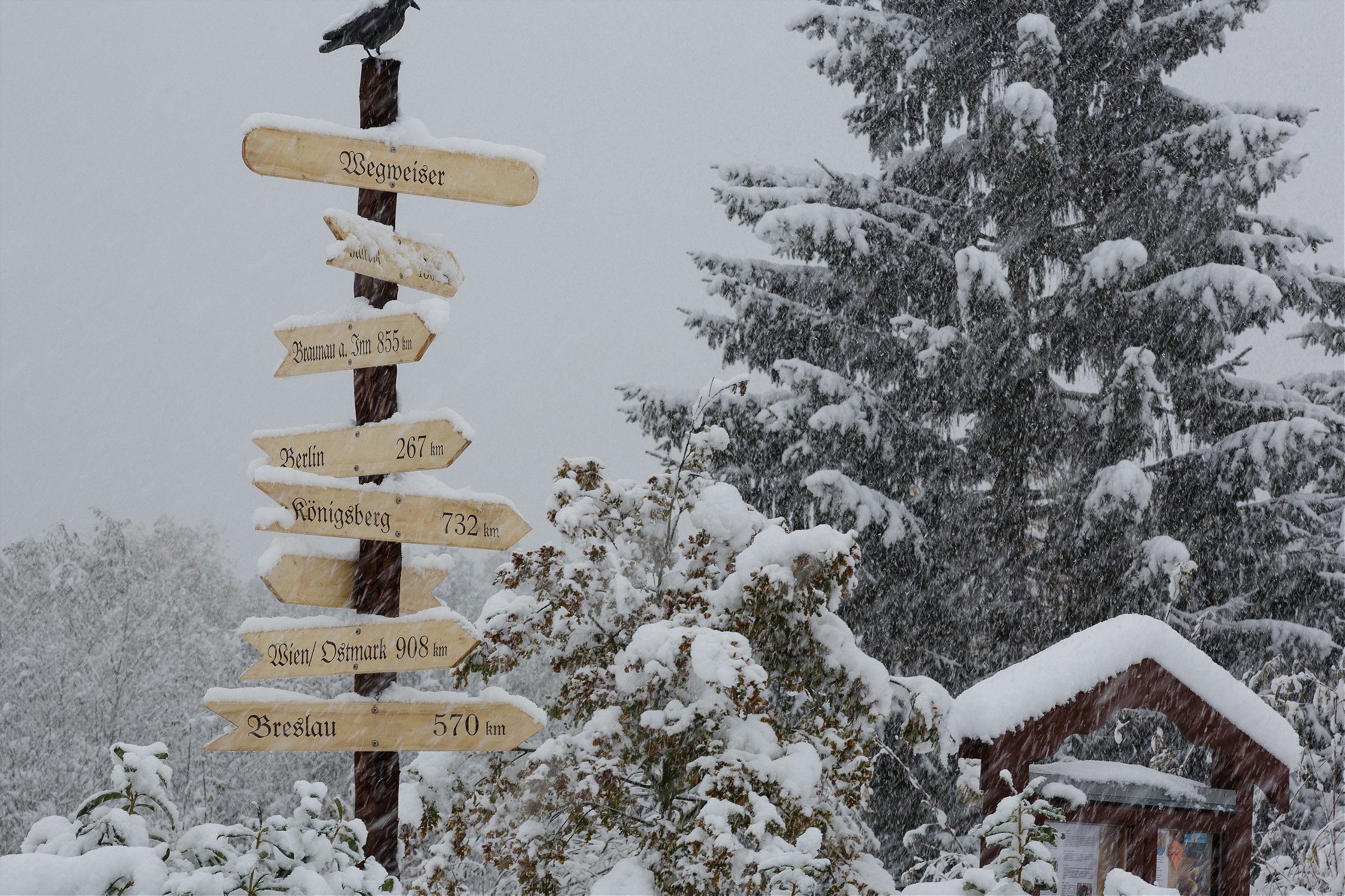
The deepest reason I didn’t fear the Nazis then was that they had no conceivable path to real power. You couldn’t even display the German flag in pride back then, much less vote for an avowed Nazi. The checks against fascism were so strong, so institutional, so ingrained, that the far-right of the 1990s never even scratched the mainstream body politic.
Those days are over. The day after the U.S. election last November 8, I was back in Schwerin, sleeping on a friend’s couch, having stayed up all night streaming CNN in utter disbelief at the unfolding coronation of our own nativist, pudgier and gaudier but weaponizing the same rhetorical violence as Europe’s resurgent far right. That morning I interviewed Leif-Erik Holm, a former radio DJ who now leads the right-wing Alternative für Deutschland (AfD) party in Mecklenburg. He was giddy, not just at Trump’s victory, but at his own: he was renovating his new office in Schwerin Castle, a prestige address he had recently won when his party whipped Angela Merkel’s Christian Democratic Union (CDU) in her home state. Hungover, still in shock, I could muster little more than weak attempts to extract assurances from him. I am a Jew and foreigner, I told him, who has always felt at home in Mecklenburg. How can you promise that the north won’t turn people like me out? Or more to the point, the foreigners and asylum-seekers who have nowhere else to go?
“You have nothing to worry about,” he said. “We love all people.”
That was the wrong question, of course. The AfD can’t be judged by Holm’s milquetoast pleasantries, or by its platform—mostly mild protectionism, with a bolus of economic nationalism and immigration restrictions—but instead it should be measured by its dog whistles and especially by the company it keeps. The first post-reunification generation of right-wing parties like the NPD were long since throttled from political life in Germany, but the AfD has been there to catch their followers and their wild discontents.
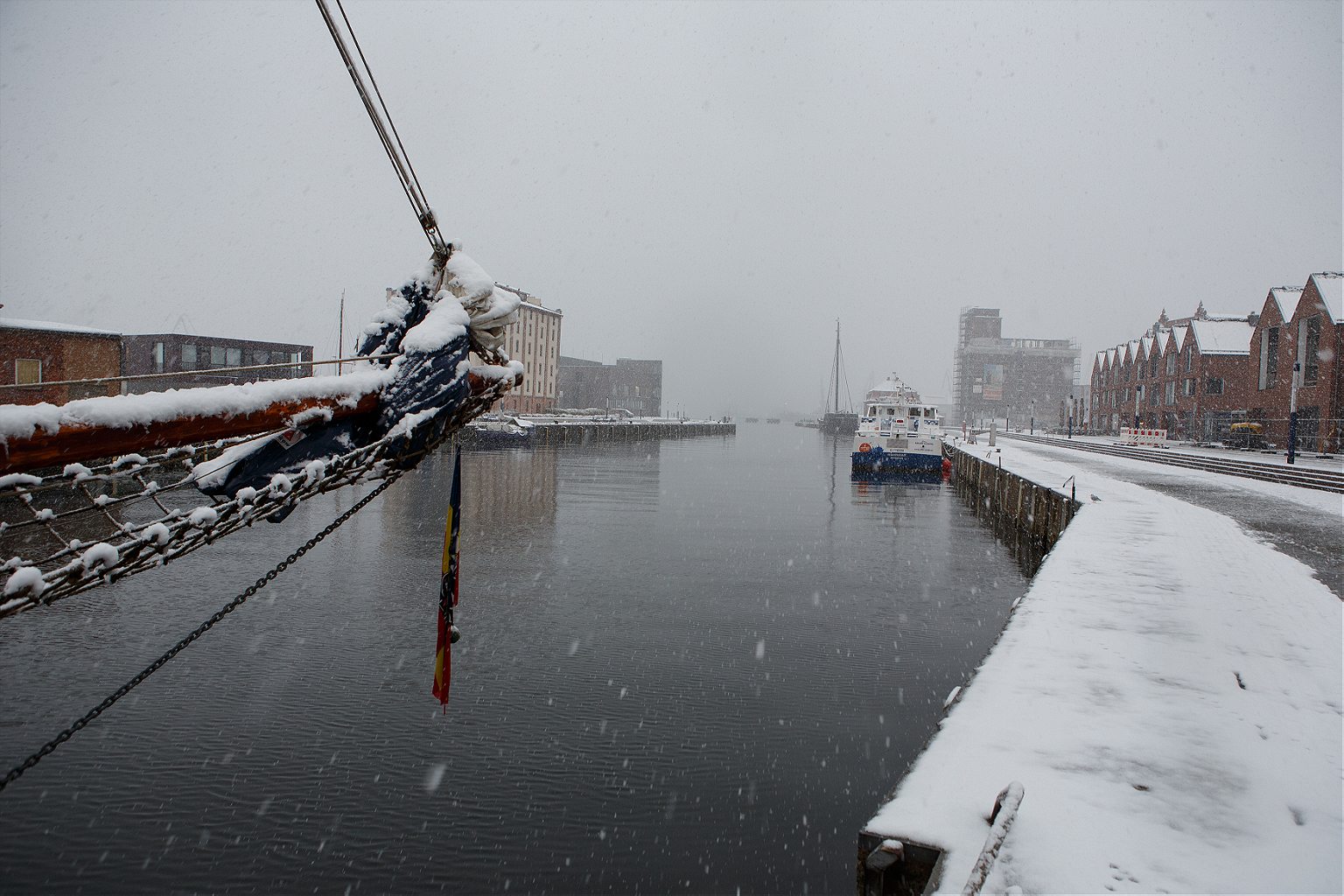
The next day brought me to Wismar, a low-slung brick city on the water that was once an important link in the Hanseatic League. Wismar suffered as much as any city in reunification. The collapse of its trade with Russia and the closure of its once-dominant shipyard, made it part of a Rust Belt on the Baltic. I had an afternoon coffee off the main square with Frank Junge, the region’s left-wing representative in Berlin. His Social Democratic Party (SPD) is still fighting for relevance—they are polling nationally at 22 percent, 14 points behind Merkel’s CDU, in advance of Sunday’s vote–but he was optimistic about the war for the future of his district. The rise of the AfD (polling just over 10 percent nationwide) wasn’t due to a dark turn in the heart of northeastern Germans, he said, but rather the result of a straightforward political vacuum. Angela Merkel, compassionate conservative, native of Mecklenburg, de facto leader of what remains of rational statecraft in the world, had overshot her base on immigration. Of course, Junge agreed with her openness to refugees—he can expound endlessly on the importance of a young, diverse and eager new workforce for an aging rural state like Mecklenburg. But the realpolitik failure is undeniable: Merkel had once been the vanguard of conservativism in Germany, and her leftward tilt on immigration had created a huge opening for a party, any party, that would challenge the wisdom of a compassionate border policy.
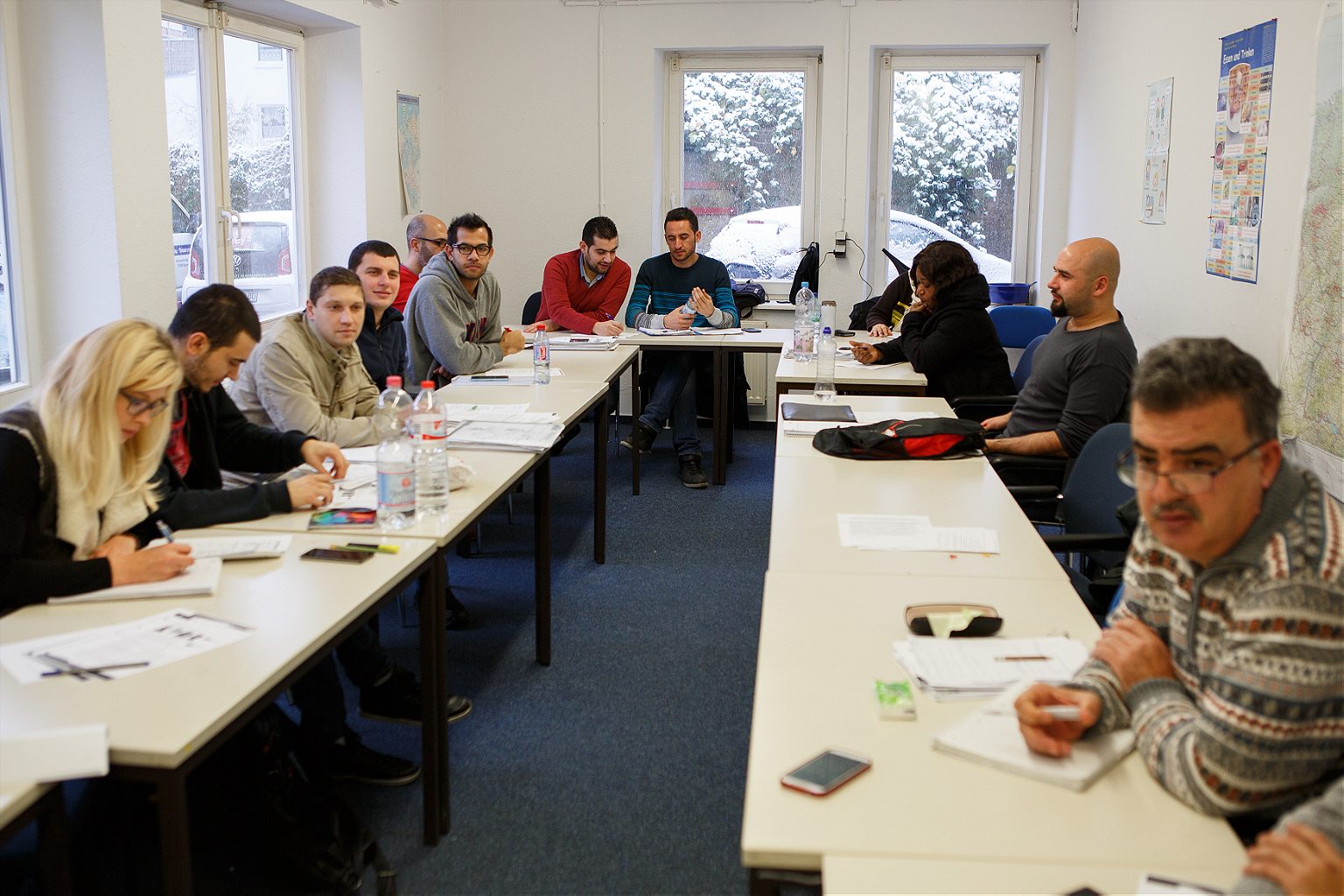
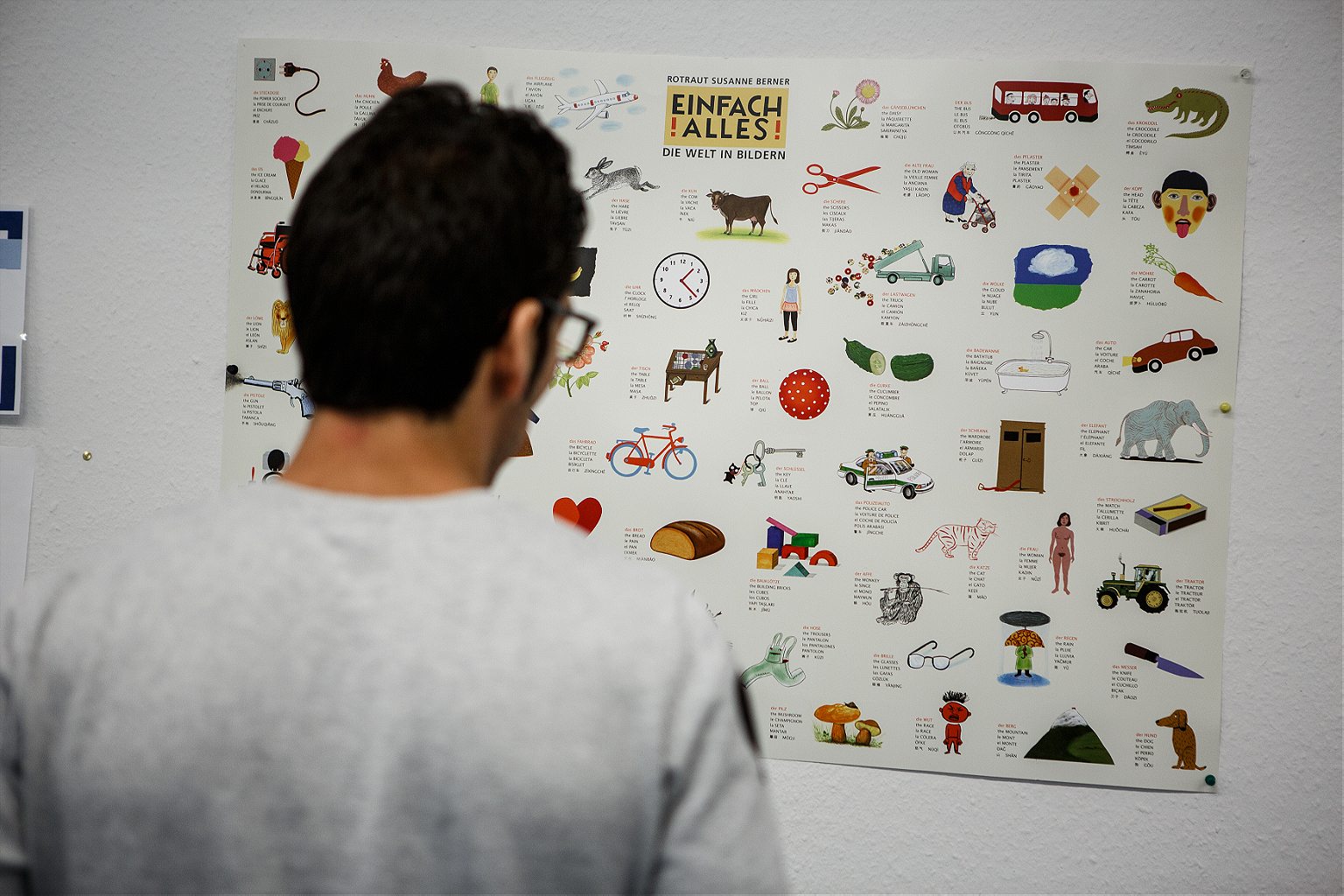
That day in Wismar was a blur of leftists and refugees. The blizzard had left the city under a blanket of snow. On break between classes at the a refugee center in the middle of the city, a young Syrian couple shivered against the cold, while an Eritrean huddled in an archway and smoked. They were all there to learn better German. Command of the proper article in German grammar is something of a litmus test of belonging, but none thought a mastery of der, die, das alone would solve their limbo. They live in government apartments, are not allowed to work, are both ostracized and subsidized, and live far from war, even though they occasionally face street violence—an Egyptian immigrant was slashed in the face two months ago in Wismar by an attacker who demanded he “speak German”.
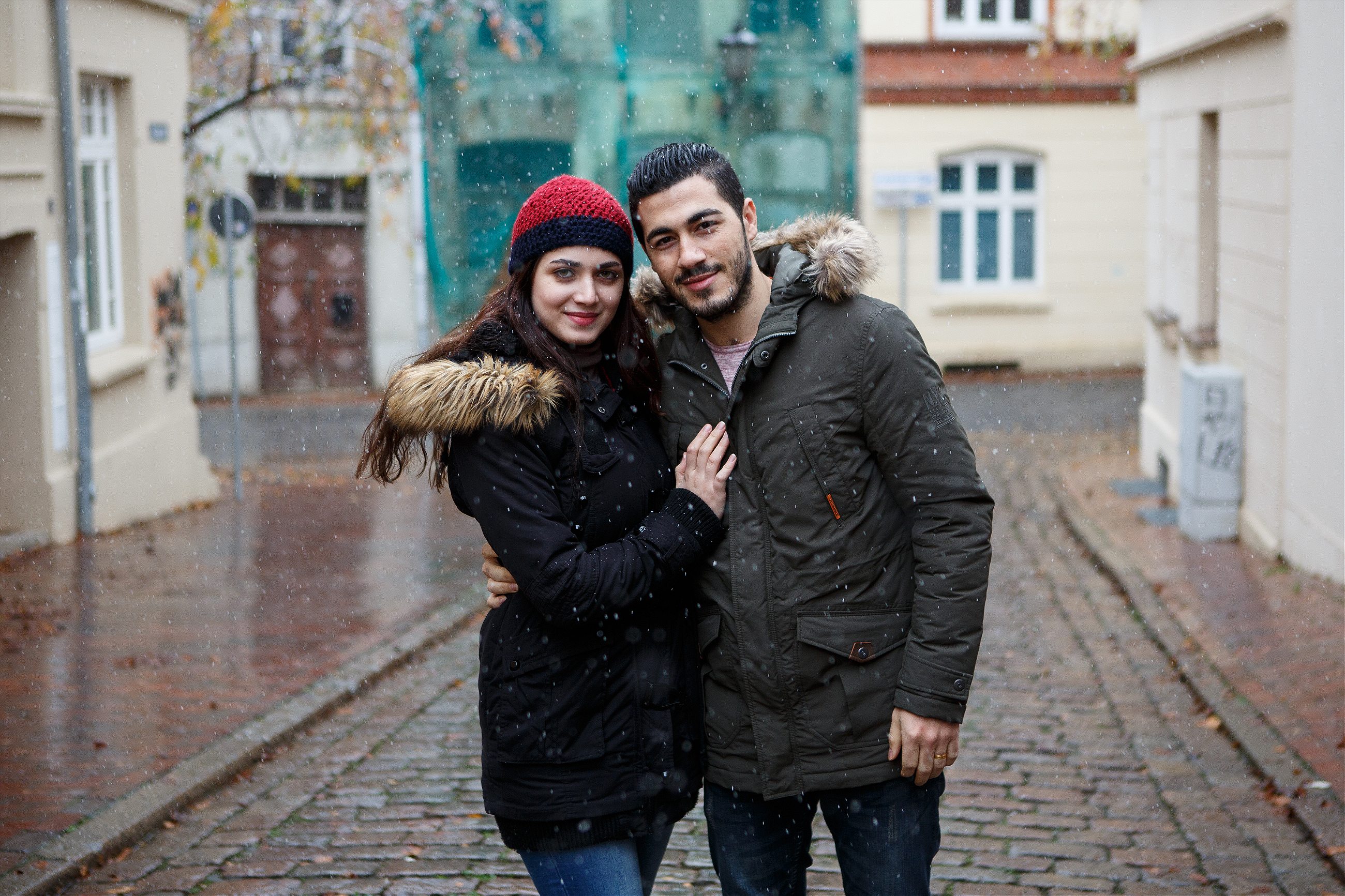
Since my visit to Germany last November, national polls have put doubt about Merkel’s immediate future to rest. She will win. The only unknown is which lesser mainstream party she will have to form a coalition with—to her credit she has made it clear that she will never caucus with the AfD. But the AfD will do well in this election, both in Mecklenburg and nationally. They will win seats in the national Bundestag for the first time. In Mecklenburg, they may pass the mark they reached when they trounced Merkel and her party last year. I share J. Lester Feder’s sense of dread about the results and the slackening taboos around Nazism in Germany. But if I can take another try at reading omens, I’ll say this about the freak blizzard last November. It ended the next day. Soon the snow melted, autumn returned to its natural state, and the Nazis were still not in charge.